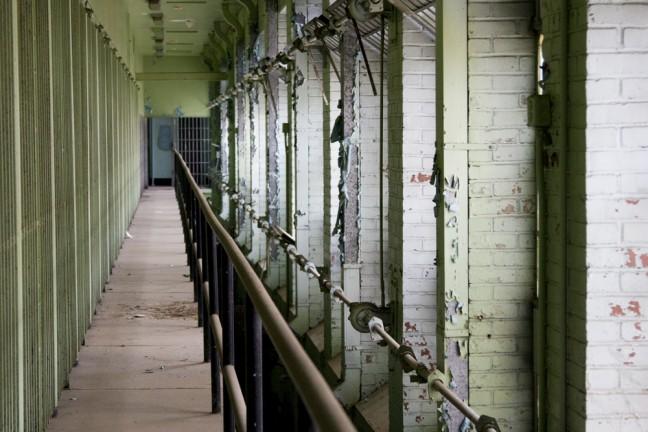Wisconsin’s prison system has long been a source of debate and controversy.
The state’s jails currently house more than 41,000 inmates, with an astounding incarceration rate of 663 per 100,000 residents — putting Wisconsin at 24th in the U.S. and decidedly above any other democracy on earth, according to the Prison Policy Initiative.
Gov. Evers has been proactive during his time in office to bring down these numbers. Last Friday, Evers issued 159 pardons across the state’s prisons, extending his record to 933 pardons throughout his term. These record numbers are commendable, but they point to a deeper issue in Wisconsin. Namely, who is currently in jail and why.
Springing into Sinkholes: How spring sets stage for sinkhole formation
The vast majority of pardonable offenses in Wisconsin relate to drug possession. An Associated Press review found that one in five individuals in the nation’s prison system were incarcerated with a drug offense as their primary offense.
After the 1970’s “War on Drugs,” state prison facilities started to flood with new inmates convicted on drug use and possession charges. The consequences of the police and judicial crackdown on drugs that followed have been catastrophic to society.
Public opinion on drugs has shifted since the 1970s, particularly as it relates to the impact the War on Drugs had on prison population numbers and demographics. Wisconsin’s jail population alone has increased by 553% since 1970, and the rates of incarceration have not been equal across communities. According to the same statistics published by Vera, Black individuals make up 41% of the prison demographic, despite representing only 7% of the state’s total population. In 2017, Black people were incarcerated at 10.9 times the rate of white people, and Native Americans were incarcerated at 6.8 times this same rate.
Evers’ recent pardons were almost all related to drug dealing and possession offenses, thus alleviating the prison system of nearly 160 people who were wrongly incarcerated or overly punished during the nation’s War on Drugs.
But this is only a small dent in Wisconsin’s total population jailed for minor charges that the vast majority of the public no longer agrees with.
It is high time to examine the state of Wisconsin’s prisons and who currently inhabits them. The skyrocketing number of pardons issued by the state’s Governor should point to a deeper issue at hand — one which has to be addressed at its root in Wisconsin’s judicial and police systems.
Fiona Hatch ([email protected]) is a senior studying political science and international studies.








